SCIENCE

A 47-year study reveals when fitness and strength start to fade
- By Neclink.com
- . January 18, 2026
A long-running Swedish study conducted at Karolinska Institutet has followed people for 47 years to examine how fitness, strength, and muscle endurance evolve during adulthood.
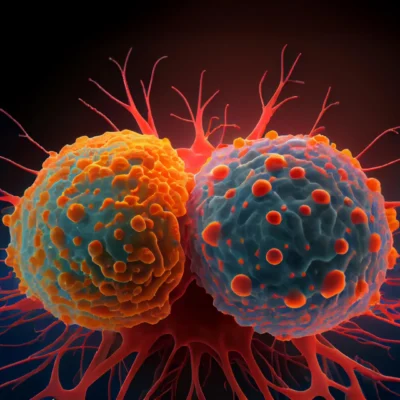
Vitamin A may be helping cancer hide from the immune system
- By Neclink.com
- . January 17, 2026
Researchers at the Princeton University Branch of the Ludwig Institute for Cancer Research have uncovered new ways a vitamin A-derived molecule can interfere with the
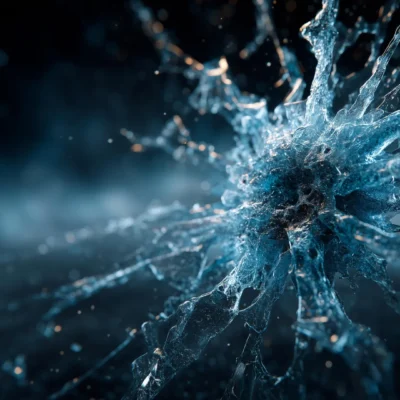
A deadly chemical frozen in ice may have sparked life on Earth
- By Neclink.com
- . January 16, 2026
A chemical known for its danger to humans may have played an unexpected role in the earliest steps toward life on Earth. Hydrogen cyanide, which
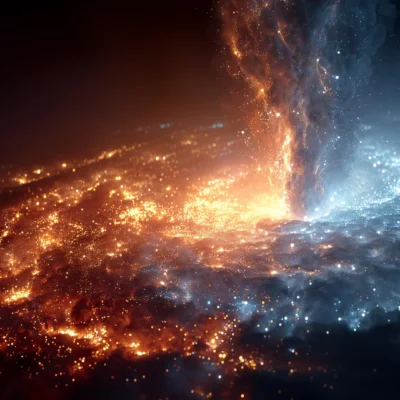
New research challenges the cold dark matter assumption
- By Neclink.com
- . January 15, 2026
Scientists from the University of Minnesota Twin Cities and Université Paris-Saclay are calling into question a long-standing idea about dark matter. Their latest findings suggest
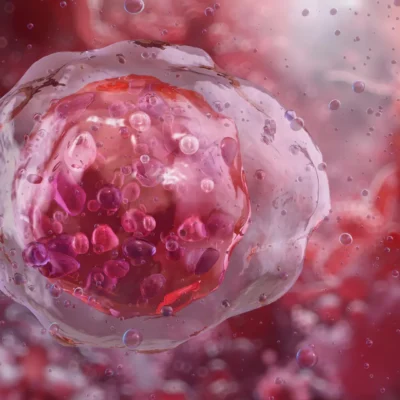
This AI spots dangerous blood cells doctors often miss
- By Neclink.com
- . January 14, 2026
A new artificial intelligence system that examines the shape and structure of blood cells could significantly improve how diseases such as leukemia are diagnosed. Researchers
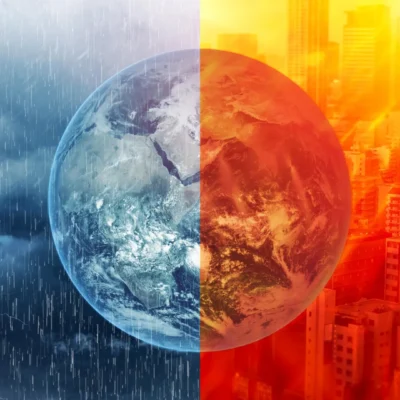
Scientists discover what’s linking floods and droughts across the planet
- By Neclink.com
- . January 13, 2026
Droughts and floods can disrupt daily life, damage ecosystems, and strain local and global economies. Scientists at The University of Texas at Austin set out

Decoding the perfect steak: The hidden DNA behind Wagyu’s legendary marbling
- By Neclink.com
- . January 12, 2026
Scientists at the University of Adelaide’s Davies Livestock Research Centre (DLRC) have unveiled the most comprehensive cattle genome ever assembled, a breakthrough expected to improve
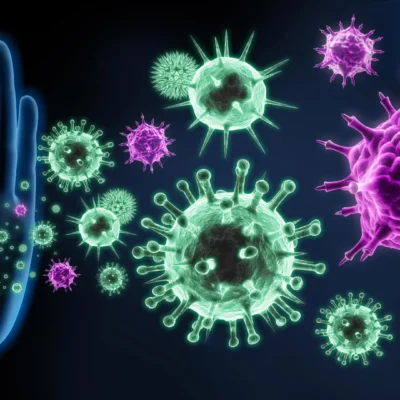
A room full of flu patients and no one got sick
- By Neclink.com
- . January 11, 2026
This year’s flu season has been especially harsh, driven in part by the rapid spread of a new variant known as subclade K. As cases

Sleeping less than 7 hours could cut years off your life
- By Neclink.com
- . January 10, 2026
Getting a full night of sleep may play a larger role in longevity than many people realize. New research from Oregon Health & Science University

Scientists are closing in on the Universe’s biggest mystery
- By Neclink.com
- . January 9, 2026
Scientists have learned a great deal about the universe, yet that knowledge represents only a small fraction of the full picture. Roughly 95% of the
